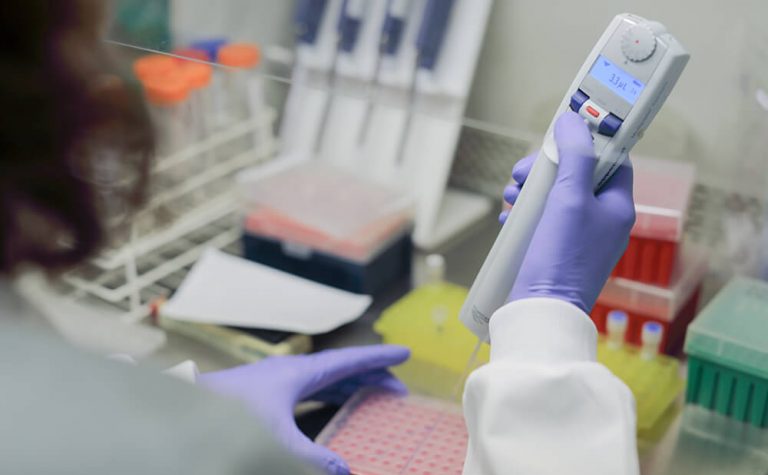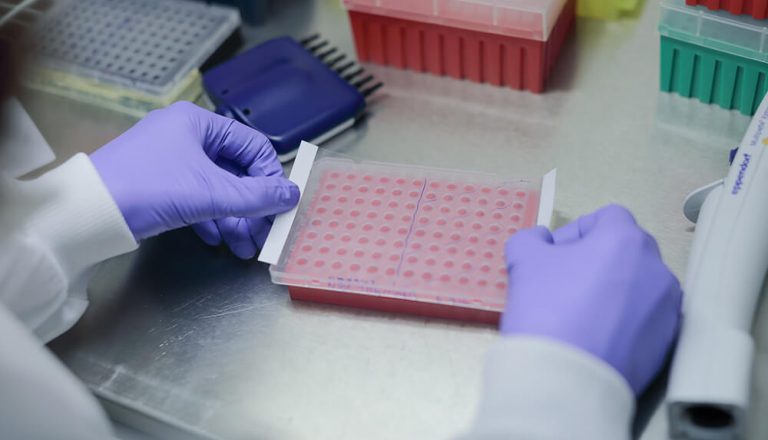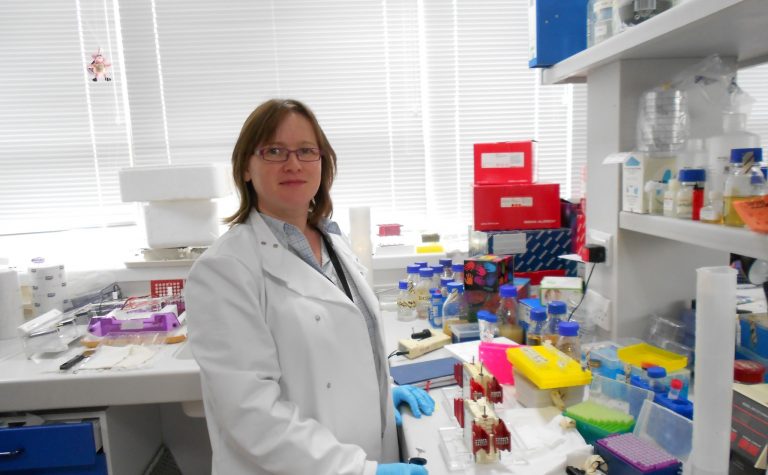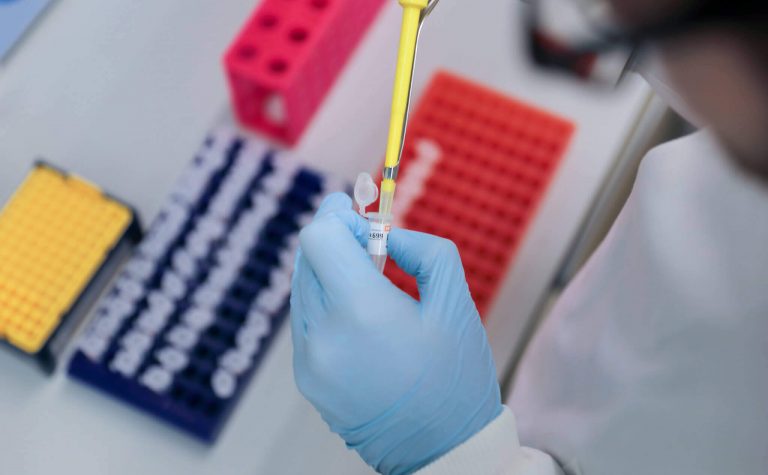Project Details
Project Title
Enhancing immunity against neuroblastoma through the exploitation of antigen-specific T cell co-stimulation receptors
Lead Researcher
Dr Robert Newton
Research Centre
University of York
City & Institution Postcode
York, YO10 5DD
Start Date
1 February 2012
Duration
63 months
Grant Amount
£102,129




